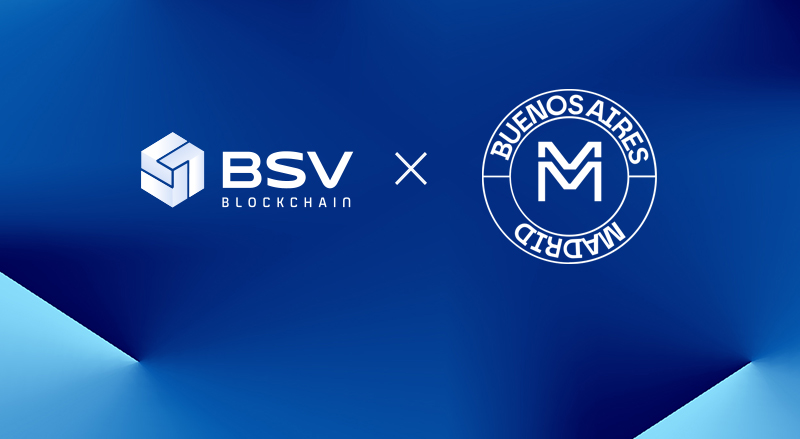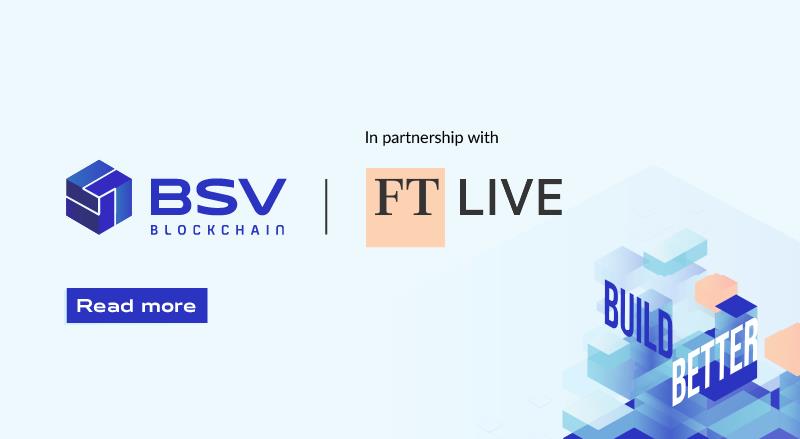AI technologies expand an organisation’s attack surface, bringing new risks like training data poisoning and prompt injection. They also create new opportunities for existing threats, such as the potential for large-scale data leaks due to the vast size of training and testing databases, warn experts writing for the World Economic Forum.
The group noted that assessing AI-related cyber risks requires going beyond the traditional cybersecurity pillars of confidentiality, integrity, and availability. It may also be necessary to evaluate aspects like the reliability of model outputs and the explainability of AI decisions.
‘There is already an understanding in the business community of the types of harm that can result from cyberattacks, such as physical, financial or reputational damage,’ it said. ‘AI does not necessarily introduce new types of harm to an organisation compared to existing cyber-harm taxonomies, but instead amplifies them, increasing the likelihood and/or severity of these existing harms.’
Making informed, risk-based decisions about AI adoption requires a clear understanding of its benefits versus potential harms, the group said. ‘Currently, there is a lack of clarity around AI’s true benefits, with use cases still developing and often driven by evangelism, complicating accurate cost-benefit analysis.’
The necessity of blockchain
One of the main reasons blockchain complements AI so well is due to its built-in transparency and immutability. These features allow AI algorithms to securely access and exchange data without the need for intermediaries, ensuring both data integrity and transparency throughout the process. This significantly reduces the risk of data manipulation or tampering, which is crucial for AI applications that depend on maintaining data integrity.
By providing a verifiable and auditable record of data transactions and model outputs, blockchain enhances the reliability of AI systems. Since AI relies heavily on large datasets for training, blockchain enables secure and transparent data exchanges among individuals, organisations, and devices within the Internet of Things (IoT) ecosystem.
Blockchain also ensures data provenance can be tracked from its origin to its use, promoting accountability and enabling stakeholders to verify the authenticity and quality of the data powering AI models.
Build your AI on the BSV blockchain
While AI and blockchain may not be the solution for every application, even tracking the decision-making processes of highly complex AI models would require a scalability level that is only possible on the BSV blockchain.
BSV blockchain’s scalability is a crucial factor when considering its compatibility with AI. AI algorithms often demand significant computational resources and generate vast amounts of data during training and inference processes.
The BSV blockchain’s large block size and high transaction throughput enable it to handle the immense volume of data transactions that AI systems require, ensuring smooth and uninterrupted operation even under heavy workloads.
Moreover, BSV’s stability and immutability make it an ideal platform for ensuring the integrity and security of AI-related data and transactions.






